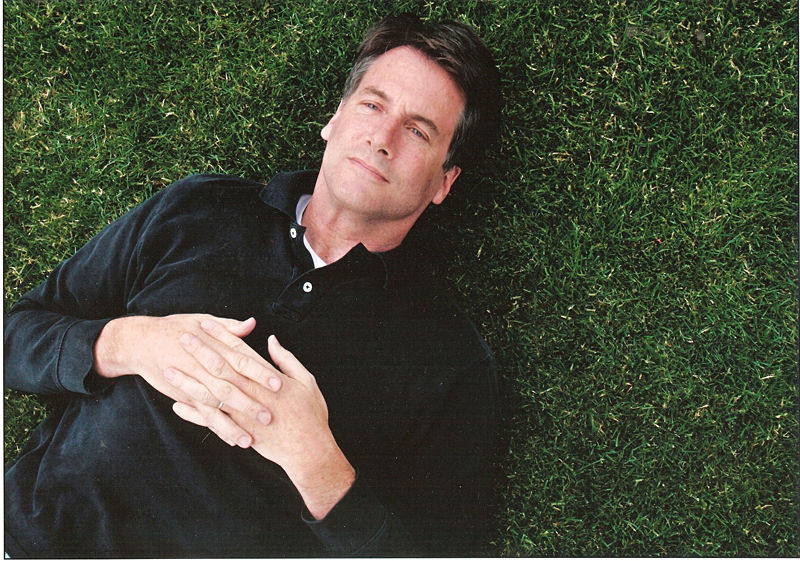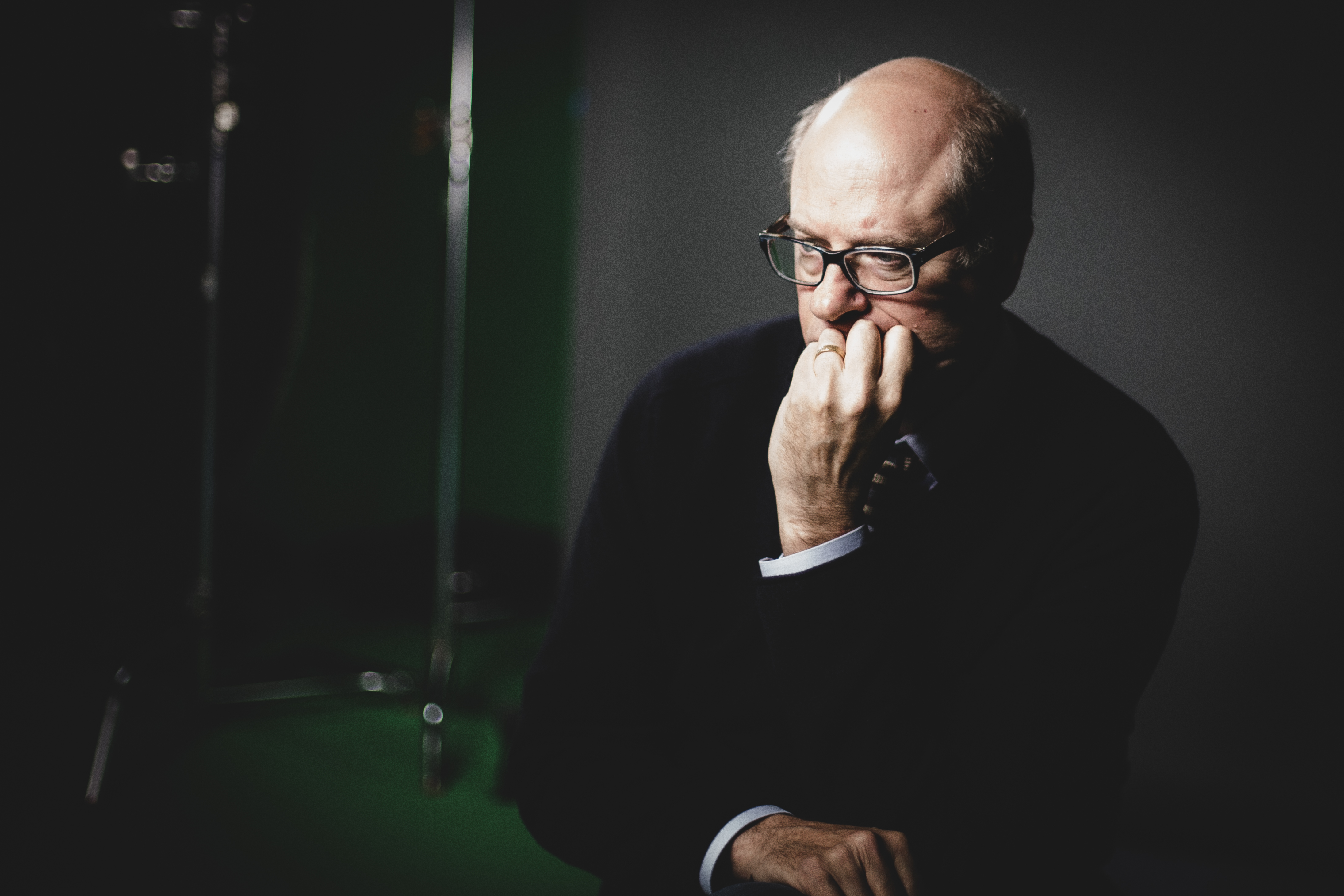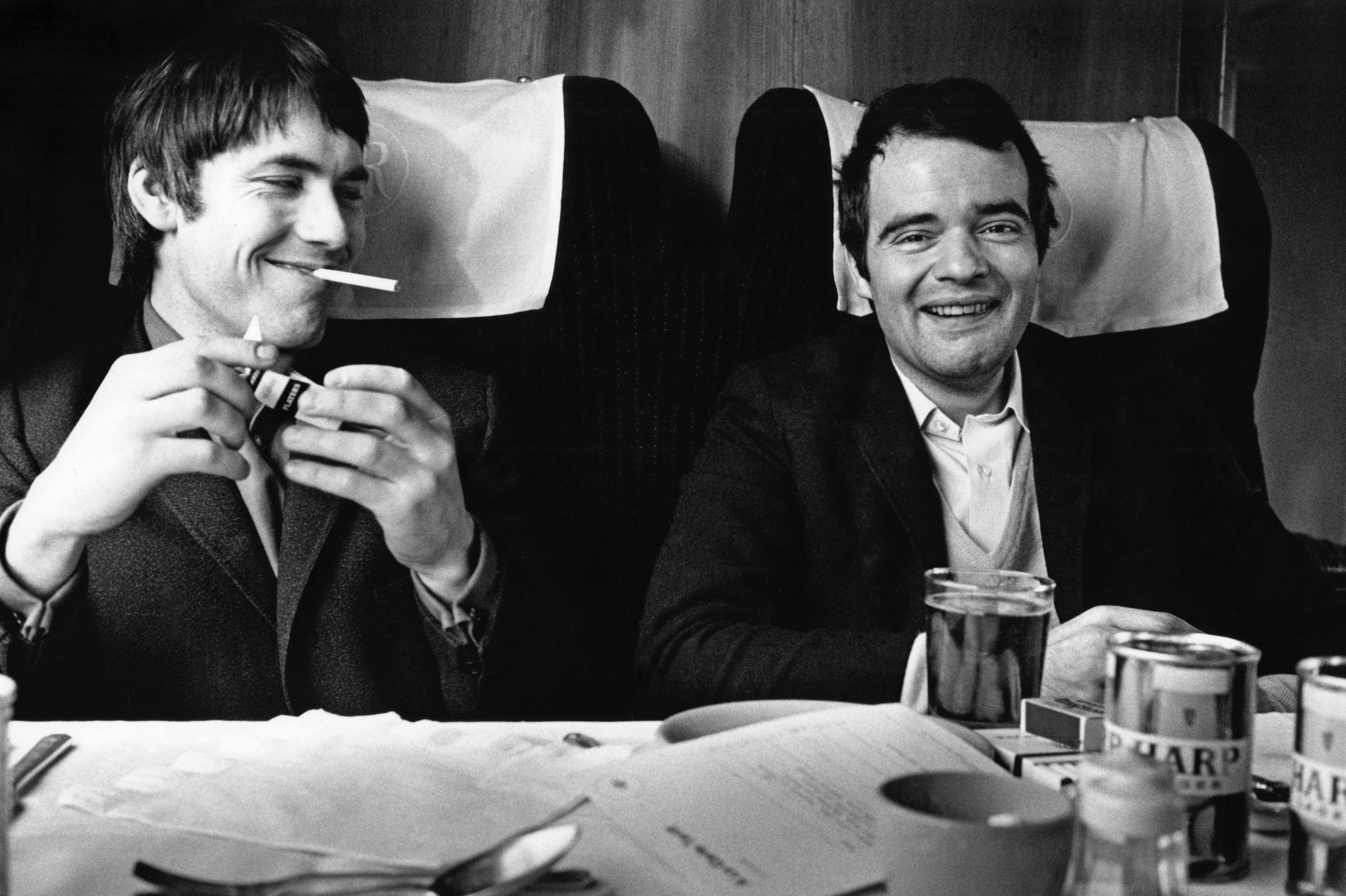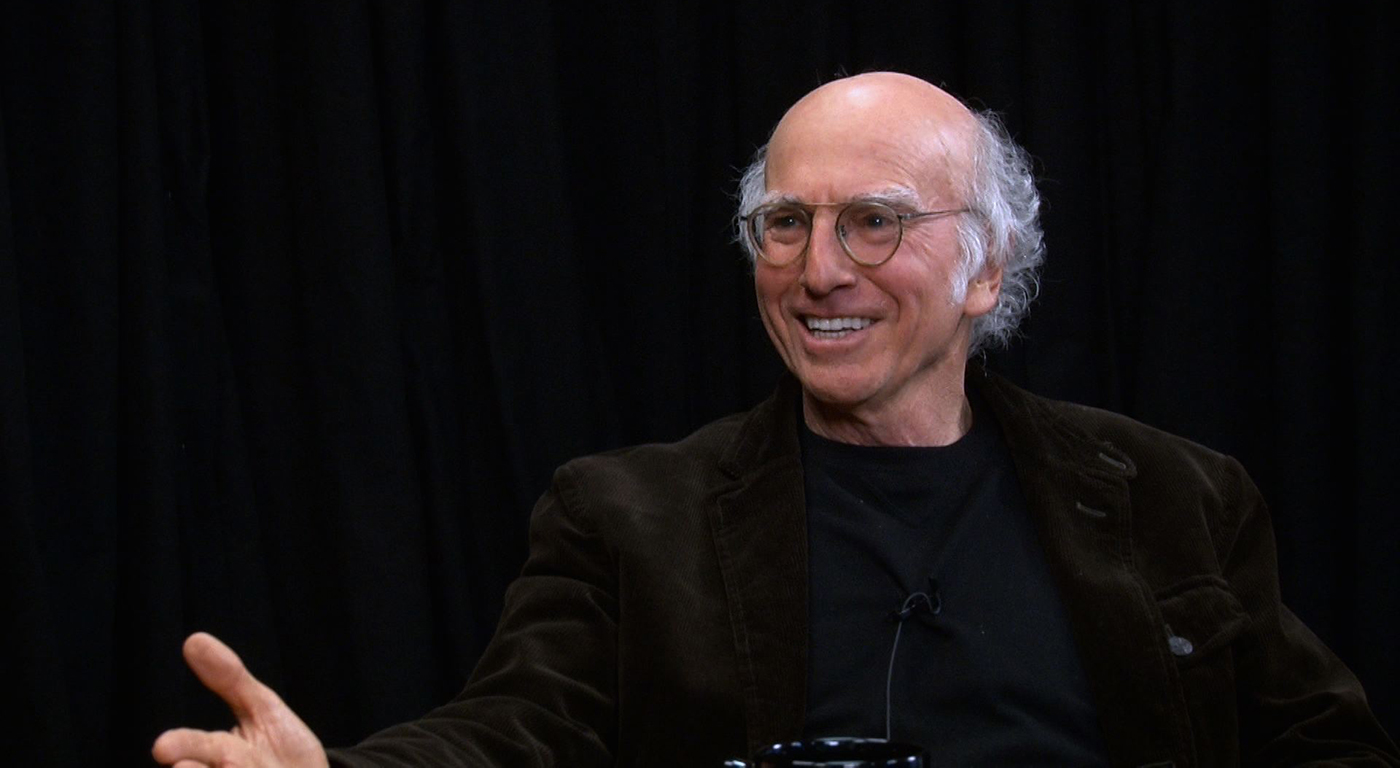If the documentary The 5,000 Days Project: Two Brothers, which follows its subjects over the span of 10 years, makes you think of the British Seven Up! documentary series (now in its eighth iteration), it’s no coincidence. “I love the BBC series Seven Up! and clearly stole the idea of doing a longitudinal study from them,” confesses Seattle filmmaker Rick Stevenson, “but one of the things I didn’t like about how they handled it was how all the kids became media stars at age 7. It totally affected their stories.”
So in 2001, after becoming a husband and a father himself, Stevenson began to interview 60 schoolkids in Shoreline, starting at age 10 and then following up every year. His plan was to observe their evolution over time, sit on the footage, then produce his first documentary. Stevenson has a long resume as a producer (Restless Natives, Some Girls) and director (Magic in the Water and Expiration Date, seen at SIFF ’06), jobs that often forced him to travel away from Seattle. “I began the project as a way to spend time with my family,” he says.
When his father, William, former superintendent of the Shoreline School District, watched the early interviews, he saw the potential for something much bigger than a single film. He envisioned a school curriculum for kids to examine themselves and make sense of the most confusing time in their young lives. William Stevenson died in 2009, but his advice spurred Rick to expand his scope. He created The 5,000 Days Project, named for the number of schooldays before college, focusing on the years between 10 and 20, “the time when self-reflection sets in.”
In Two Brothers, Sam and Luke Nelson are two of the kids from the initial pool of 60. They were first interviewed at age 10 and 8, respectively, in 2001. They are also Stevenson’s nephews, he explains: “I’m a Protestant Christian, and I married into a Mormon Christian family, of which there are a huge amount of similarities and very few differences. But those differences tend to keep people apart for ridiculous reasons. I’m all about building bridges.” (Mitt Romney, are you listening?)
Sam and Luke’s faith is an integral part of their story: During the film, both embark on two-year church missions (Sam to Chile, Luke to Cambodia). Yet what drew Stevenson’s interest was their initially fractious relationship—which over the years they acknowledged and repaired to become best friends. He first created a 12-minute short about the boys, edited by partner Kevin Klar, which caught the interest of BYUtv, Brigham Young University’s campus TV network. BYU offered to fund a full-length documentary about the Nelson boys, then in their late teens. “I was the first non-Mormon to ever go on a mission and film,” Stevenson recalls. “It was the first time they allowed any of the kids to keep their own video diaries. They broke a lot of protocol to allow me to do this.” Though, he’s quick to point out, he maintained final cut over the doc. (Half-hour portraits of other kids run as Listen on BYUtv and the web.)
If you’ve noticed those “I’m a Mormon” ads on Metro buses, don’t worry that Stevenson is shilling for the faith. We don’t see Mormon kids in Two Brothers, we just see ordinary kids: running for student government, playing sports, applying for college and athletic scholarships. (Luke plays football for BYU.) And they face the same issues that kids all over the world face: low self-esteem, loneliness, alienation, even depression. Those are the strongest elements of Two Brothers, which often plays like a PBS doc on adolescence, filled with talking heads, generic background music, and montages of the Nelsons at play. What distinguishes it from reality TV or feel-good news stories is the intimacy and candor of the boys’ conversations. Sam struggles with depression, and his transformation from bully to protective big brother is authentic and moving.
Now 21 and back from Chile, Sam tells me of those turbulent years, “It’s not really cool to talk about it with your friends. It’s not really cool to talk about it with your parents, either. You’re kind of on your own. It’s a hard time.” (Luke is still in Cambodia; he and Sam remain close via e-mail.)
Stevenson sees that communication as a lifeline—and as the unifying theme of his project. “Over my 11 years with these kids,” he says, “the thing that’s emerged that’s most common among all of them—despite economic background, despite their home lives, despite education, despite even their genealogy—almost every kid at age 12, 13, 14 feels really alone.” Crucially, during the project’s long self-funded gestation, he told all his subjects they’d have final say over whether their interviews would be used in the final film (or films).
Along the way, however, Stevenson’s 5,000 Days Project was in fact adopted by the Shoreline School District. “Suddenly I was getting paid to do this, which helped,” he laughs. He helped develop a program for kids to record their own video diaries, expanding it to a new website, twobrothersthemovie.com. Today there are 200 local kids whom Stevenson still interviews. Even more create video diaries through school programs he helped set up in eight countries, including Canada and Australia.
Says Stevenson, “When you throw together the cocktail of hormones and the battlefield of middle school and all of the familial influences on a child, that’s a pretty confusing emotional world that kids grow up in.” Accordingly, Two Brothers and its related programs are meant to be more than just documentaries for us to watch at film festivals. After being scrutinized on camera for so long, Sam Nelson says the regular interview schedule “forced me to become more self-reflective and think about things that I probably wouldn’t have thought about otherwise.” By that measure alone, the project is a success.







